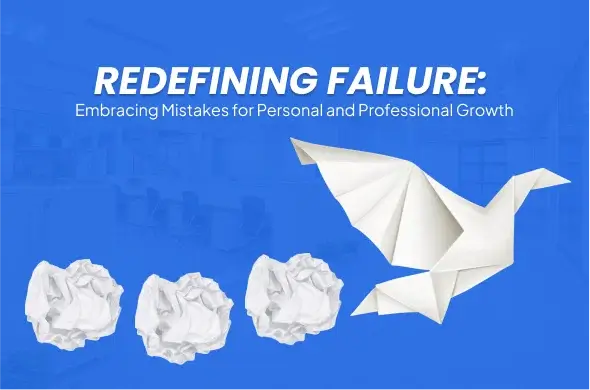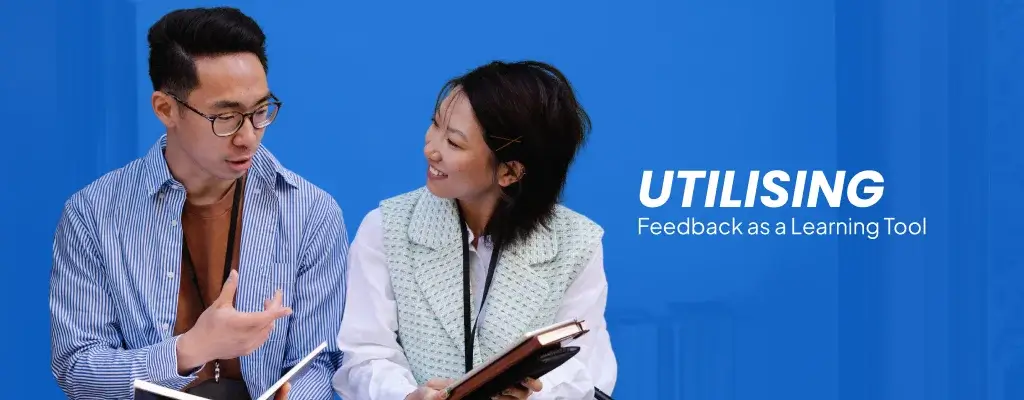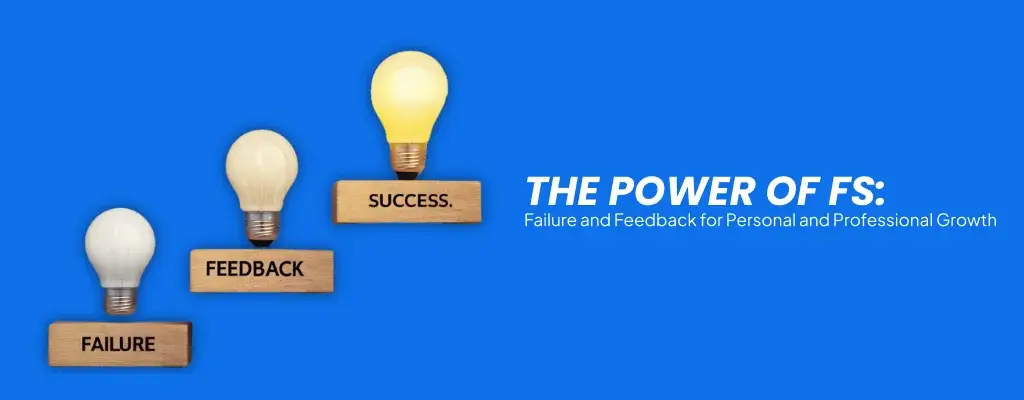

The “F” word often carries a negative connotation, but what if we redefined it? As daunting as it sounds, failure is a fundamental aspect of success. It’s not the opposite of success but a part of it.
I recently watched a TED talk that illuminated this concept beautifully, focusing on how engineers without borders faced and embraced their failures to improve water systems in Africa. Despite their best efforts, the initial projects failed due to a lack of sustainable infrastructure.
However, the team’s determination to learn from their mistakes was unwavering. They focused on their failings, creating detailed reports for donors and websites outlining what wasn’t working. This transparency emerged as an opportunity for learning, allowing them to elevate their approach.
In understanding the power of failure as a learning opportunity, it is crucial to recognise it when you see it. Instead of running away and exerting effort to avoid it, facing failures is a massive leap towards personal and professional growth.
My mentor always advised me to run flat out towards what I fear and make mistakes, as many as possible, as quickly as possible. While this approach may be regarded as recklessness, it's actually about embracing the learning process. Key donor organisations recognise the value in this, seeing these reports as a roadmap for improvement.
In any organisation, it’s crucial to look at what’s not working just as much as what is. Embracing failures with an open heart and mind and inviting your team to do the same with compassion and insight, is essential.
Remember, it’s a system problem first, then an individual problem. Addressing the system deficiency allows for more effective and lasting solutions.

How do you make the “F” word work for you?
Recognising your failings is your first step. This is how you learn, then correct, and then evolve. However, to translate the “F” word into a recipe for success, you must do the work. What needs to change.
Here are some key strategies in making a 'setback' a 'bounce back'.
Feedback is crucial in redefining what failure means, whether in your personal or professional endeavours. When seeking feedback, it’s imperative to choose your audience wisely. They need to be 'qualified' to provide the feedback you need. This might mean looking beyond friends and family to those who have particular skills, experience and training to offer relevant constructive criticism and support your growth.
Surveys are a great way to gather feedback however, the key is to target the right audience, e.g. your top 100 ideal clients. These are the clients who stay, pay, and refer. They can usually be identified using your patient software by their spending patterns.
When designing your survey, keep it succinct. We recommend a maximum of five to six questions, with a mix of tick-the-box and typed answers. Offering a reward, like a raffle for a free massage. This can encourage participation and ensure that your top clients feel valued.
Here are some examples of survey questions that can provide valuable insights:

After we discussed, it is important to choose the right audience. This will ensure the right feedback. A high level of constructive critique provides the information you need to improve and in some cases, pivot your practice.
To reap the benefits of feedback as an opportunity to learn and grow, follow the golden rule: don't take it personally! Feedback is simply specific, actionable suggestions about your practice and how you deliver your services. These constructive criticisms help you elevate your approach and master your craft. Feedback does necessarily mean you are a poor practitioner.
Insightful feedback fuels dedication to elevating your approach and deliver optimum healthcare services. It helps turn failure into a repository of knowledge and encouragement, redefining what the “F” word means to you and your team. In short, utilising feedback as a learning tool enables practitioners and practice owners to embrace failings as a stepping stone for growth.

This blog article aims to inspire readers to view failure not as a setback but as an opportunity for learning and growth. By embracing our mistakes and learning from them, we can evolve faster and more effectively.
Remember, “Fall seven times, stand up eight.” The journey to success is paved with the lessons we learn from our mistakes. Our failures can help us refine our techniques and achieve success as we navigate our personal lives and professional careers.
Let’s redefine the F word and make it work for us.
Visit http://www.myalliedhealthacademy.com or sign up for more.
Andrew Arnold is an Allied health professional and founder of My Allied Health Academy or MAHA.
